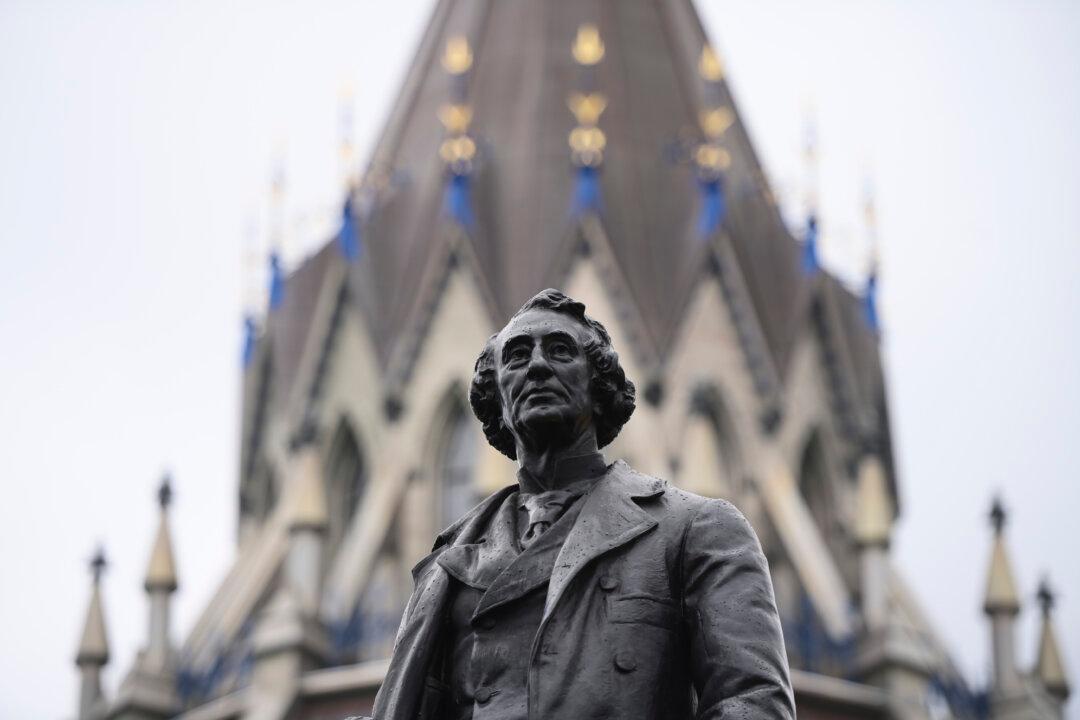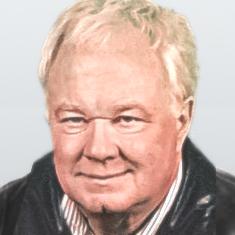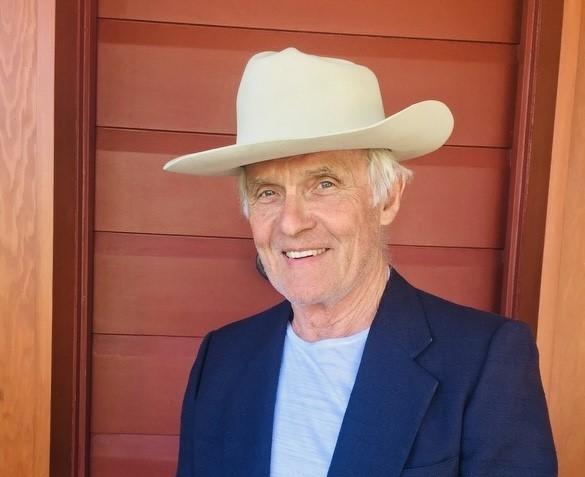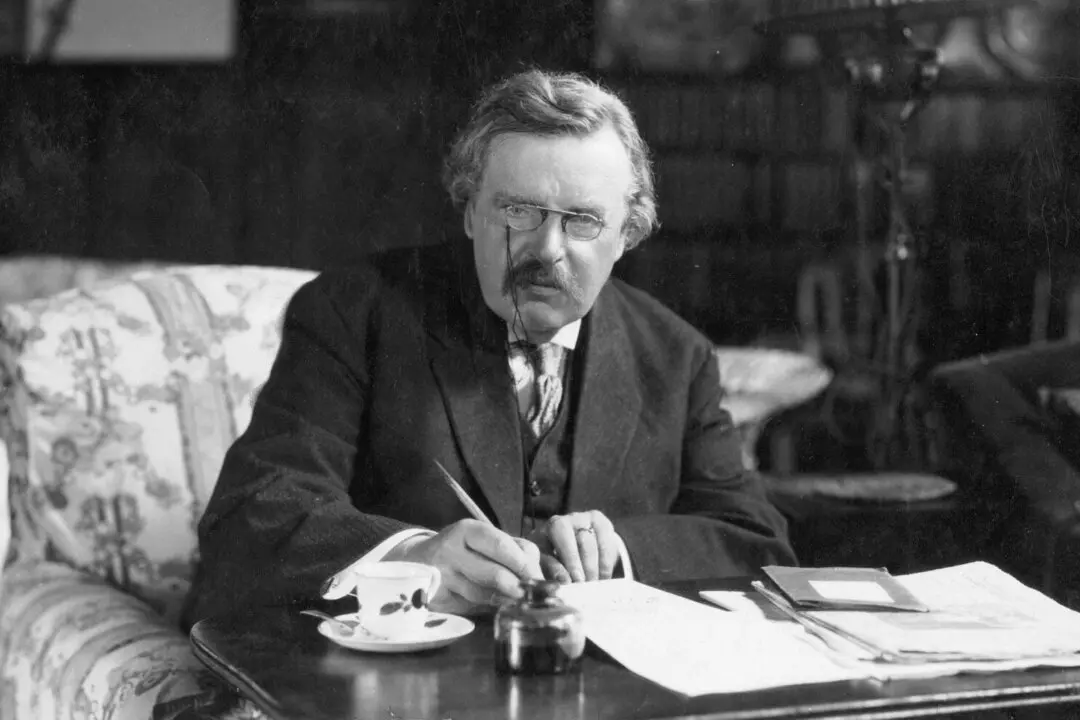Commentary
Editor’s note: In the words of author and historian Richard Gwyn, without Sir John A. Macdonald, “there would be no Canada.” Macdonald wasn’t just the Father of Confederation—he worked relentlessly to unite Canada, save the western territories from annexation by the United States, and negotiate for Canada’s interests with London and Washington. With the movement to erase Canada’s historical figures and cut ties with the nation’s past intensifying in recent months, The Epoch Times is publishing a multi-part series examining Macdonald’s legacy.





